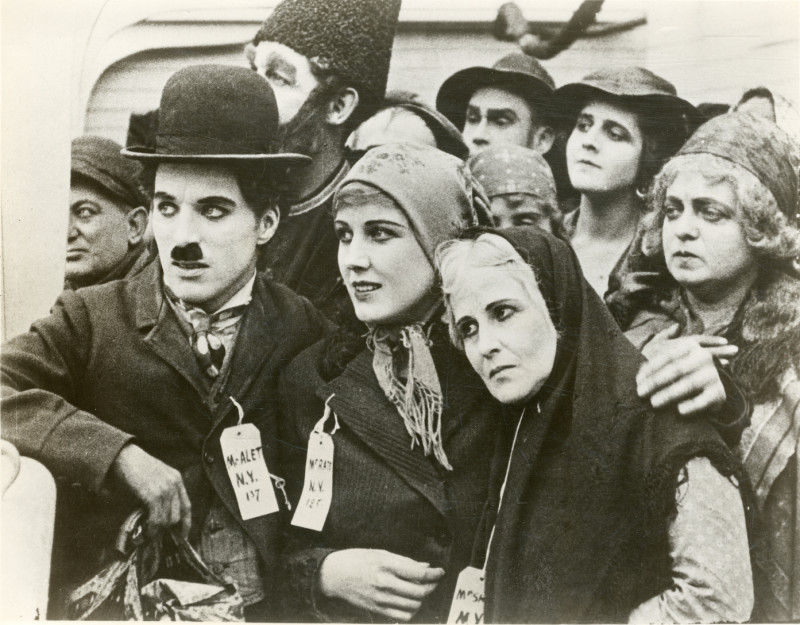I remember a while back, I think it was a meme, drawing attention to the idea that if you are white, you are an "expat" but if you are any other colour, you are an "immigrant".
That is very true, and although I have often referred to myself as an immigrant, most people get the joke, they know I'm an expat, really.
And yet, even from my sheltered position of European expat, I know something of the utter vulnerability of immigrants.
But the story is a beautiful one, not a tragic one.
But the story is a beautiful one, not a tragic one.
Six years ago, I decided to move to England. I had a job waiting for me at the university, but I knew absolutely no-one, so I decided to arrive some weeks earlier than the start of my contract to sort out all the essentials one takes for granted in his/her own country. A house. A phone number. A bank account.
It was to be a shortish reconnaissance trip.
I flew over. Landed fine. Waited for my luggage. Which never came.
Somehow, my suitcase had been lost, with inside my hotel reservation, all my clothes and essentials. All I had was my purse, an almost empty French bank account, and a phone that didn't work in England. And I was in a strange city. Not only did I know no-one, I also had no idea how to get to places, how to even leave the blasted airport and where to. No access to the internet for a quick search. No life line to my parents (I was 21).
You may laugh now, but it felt pretty dire.
I may have cried a little bit.
And then there was this guy who came up to me, and asked me what the matter was. A French student who had spent a couple of years already in the neighbouring city. He simply offered for me to come with him.
I know alarm bells should have started ringing, but in my position all I could do was trust in a fellow human.
So I did.
He took me to the house he was sharing with other people, they made me dinner, tried their best to cheer me up, and then he insisted I take his bedroom, whilst he slept on the sofa in the living room.
Over the next few days, he helped me sort out all I needed, managed to get my luggage back and waiting for me at the airport. I got a phone, a bank account and a room in a house-share near the university where I was to work.
Over the next few days, he helped me sort out all I needed, managed to get my luggage back and waiting for me at the airport. I got a phone, a bank account and a room in a house-share near the university where I was to work.
His housemates were a bit confused, and they asked me if we were interested in each other. But he never asked me for any way to contact me. I don't know his surname, he doesn't know mine, we didn't exchange phone numbers. I never saw him again after this.
Just one human being, reaching out to another.
It is so easy to forget when we talk of immigration, crunching numbers, when we deal in the scare-mongering of invasion rhetoric. But the reality of being a stranger in a country is terrifying. The fear, the folly, the isolation. The utter loneliness when you see lit up windows, but all you have to go back to is a hypothetical hostel, provided you can find one.
The hopelessness when you deal with bureaucracy, and they demand a permanent address in the country.
And then, someone speaks to you in those familiar sounds, those echos of home, so you cling to them.
Because when you have no other choice but to depend on the kindness of strangers, sometimes, someone, somewhere, will rise beautifully to the occasion.
It is so easy to forget when we talk of immigration, crunching numbers, when we deal in the scare-mongering of invasion rhetoric. But the reality of being a stranger in a country is terrifying. The fear, the folly, the isolation. The utter loneliness when you see lit up windows, but all you have to go back to is a hypothetical hostel, provided you can find one.
The hopelessness when you deal with bureaucracy, and they demand a permanent address in the country.
And then, someone speaks to you in those familiar sounds, those echos of home, so you cling to them.
Because when you have no other choice but to depend on the kindness of strangers, sometimes, someone, somewhere, will rise beautifully to the occasion.



























.jpg)




